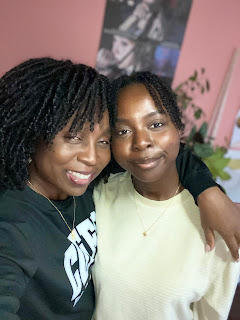How to avoid getting dandruff when doing cornrows

To avoid getting dandruff when wearing cornrows, it’s essential to maintain proper scalp hygiene and keep your scalp moisturized. Here are some tips: 1. Prepare Your Scalp Before Cornrows • Wash and exfoliate: Cleanse your scalp with a clarifying shampoo to remove any buildup and exfoliate gently to remove dead skin cells. • Moisturize: Apply a lightweight, non-greasy moisturizer or oil like tea tree oil, jojoba oil, or aloe vera gel to keep your scalp hydrated. 2. Moisturize Regularly • Use a leave-in conditioner, lightweight oils, or scalp sprays specifically designed for protective styles to maintain moisture without clogging pores. • Avoid using heavy products that may lead to buildup. 3. Keep Your Scalp Clean • Clean your scalp weekly or every other week with a diluted shampoo or a scalp cleanser. • Use a cotton ball or applicator bottle to target the scalp without disturbing the braids. 4. Avoid Tight Cornrows • Ensure your stylist does no...








